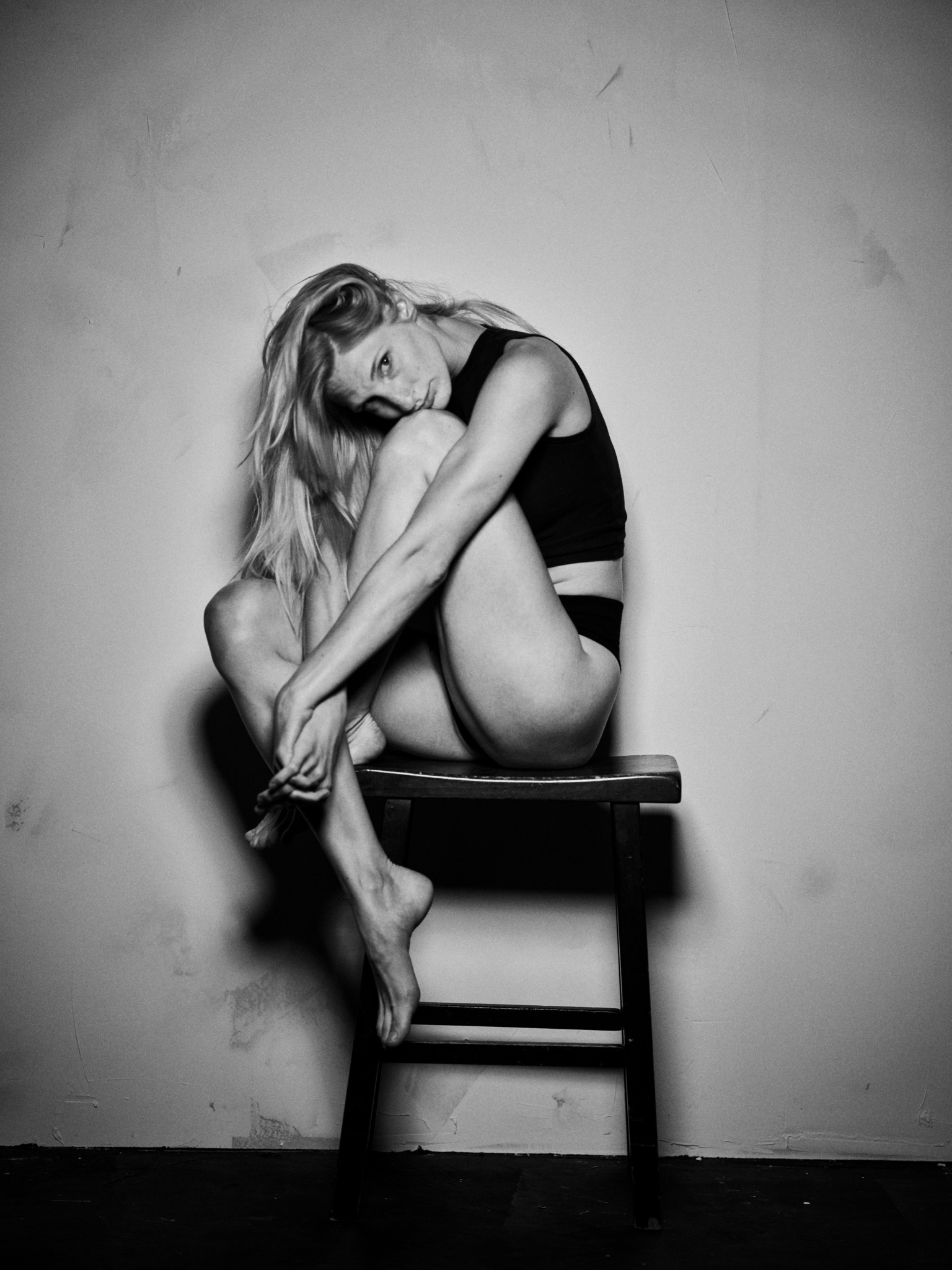We recently connected with Keri René Fuller and have shared our conversation below.
Keri René , thanks for joining us, excited to have you contributing your stories and insights. Can you talk to us about how you learned to do what you do?
I think I started learning about what my eventual creative path would be far before I knew I was learning about it, actually. Part of being a creative is being able to live and be a human in front of other people onstage, and you can really only learn about that from doing it in real life. Some of my greatest inspirations speak about the most useful research for artists is actually being out there in the world and observing how people exist. How people respond to their environment and the people around them.
I am not sure that I feel like my pace was slow, per-say, but I definitely wish that I would have had a closer relationship to my instinct and intuition earlier in my career. I think I tried to replicate people or to play an idea of a person when I first started out…but I eventually found myself under the influence of fellow artists that fought against that. So, I guess, yes, I wish I would have learned that earlier, but I also believe that the gap between seeing something you instinctually resonate with and being able to practice that in your own craft is quite valuable…and so so so very challenging. But very worth it.
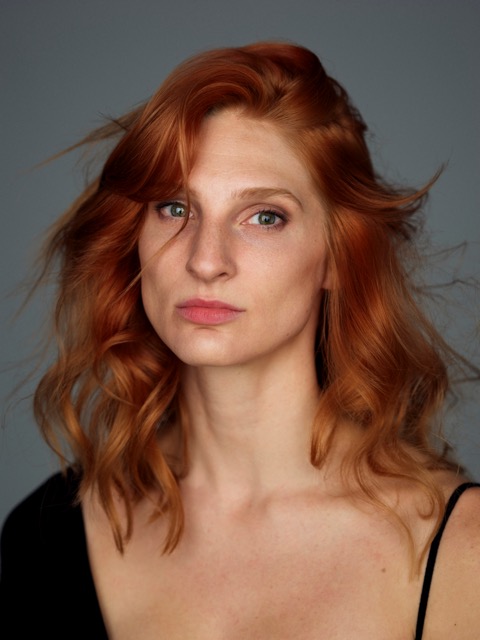
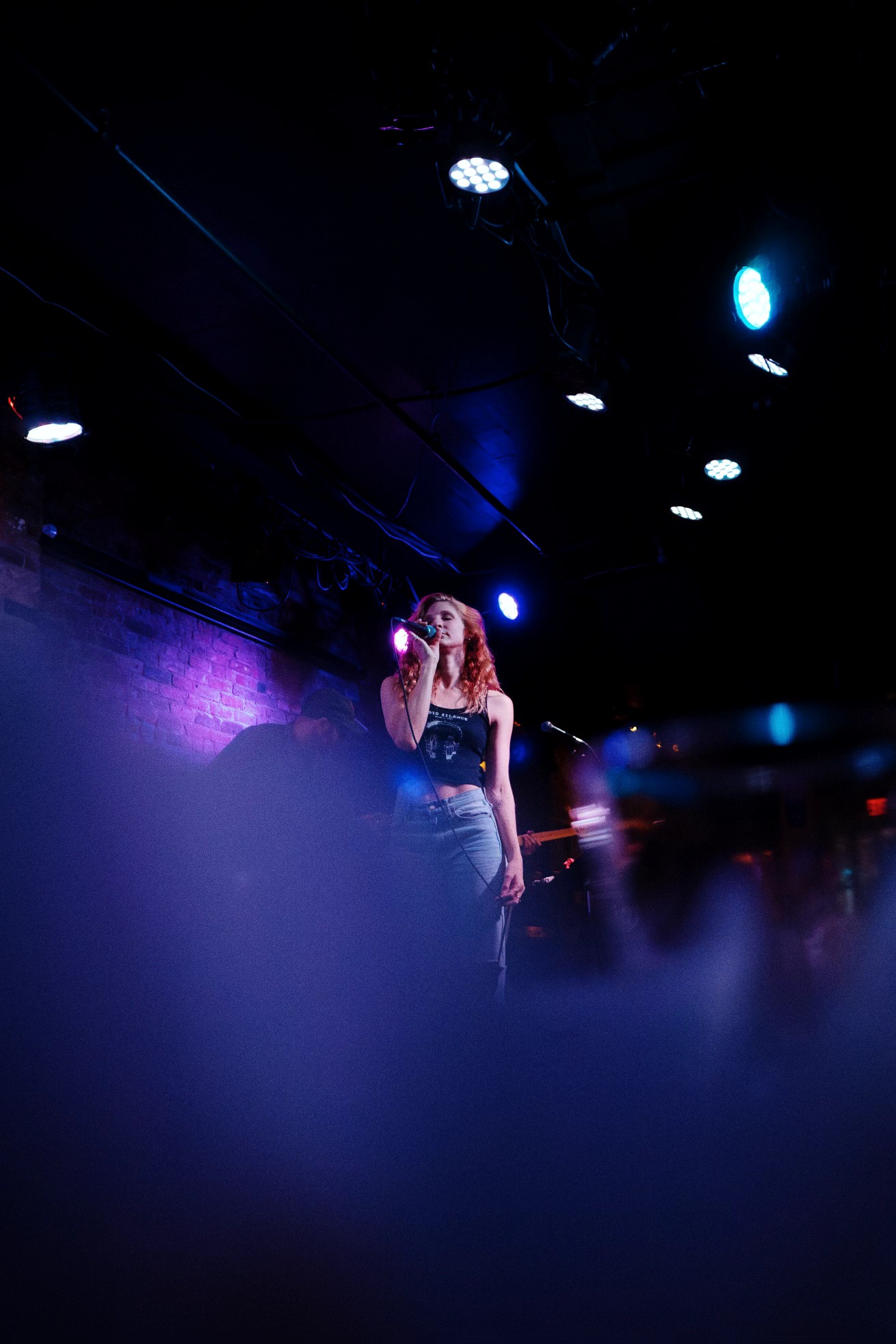
Great, appreciate you sharing that with us. Before we ask you to share more of your insights, can you take a moment to introduce yourself and how you got to where you are today to our readers.
I was very lucky to be raised by two people that had no problem asking for help from people in the industry. I was born and raised in Oklahoma to non-performers, so that was a very small pool, but my parents found me some teachers that helped me along in any way they could.
I was able to get into voice lessons and dance classes and community theatre productions and I kind of learned as I went. I, then, went to a performing arts high school and then to a college where I was forced out of my creative comfort zone on the daily, which is actually such a gift to the artist, if they are able to see it that way.
Upon graduation, I moved to NYC and began my career. I have been very lucky, but also have worked incredibly hard for almost 10 years to create some semblance of a career that I am proud of.
I made my Broadway debut in Waitress, then moved on to originate the tour of the revival of Cats that traveled around North America, and returned to the city to join the Broadway company of Six: The Musical. I am finally in a position now to be originating my first leading role in the city, a life long dream, in The Last Bimbo of the Apocalypse Off-Broadway. Soon I will be moving into the Gershwin to stand by for the role of Elphaba in the Broadway musical Wicked.
I think it is the artist’s cross to bear that we cannot only be doing one project at a time haha So I also co-produce symphonic concerts with my partner, an amazing actor and creative himself, as well and writing and recording my own music. Needless to say, there is never a dull day in our household.
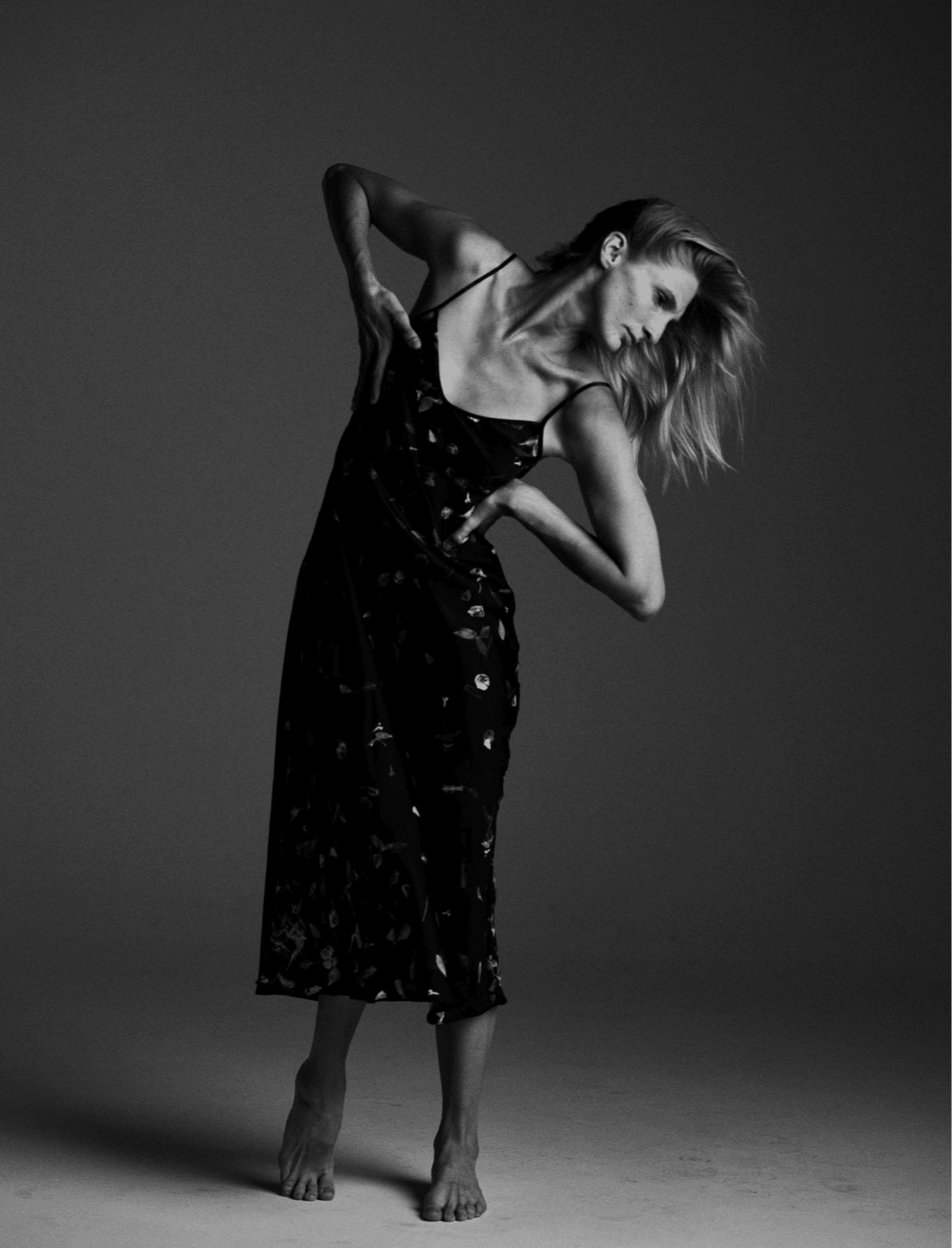
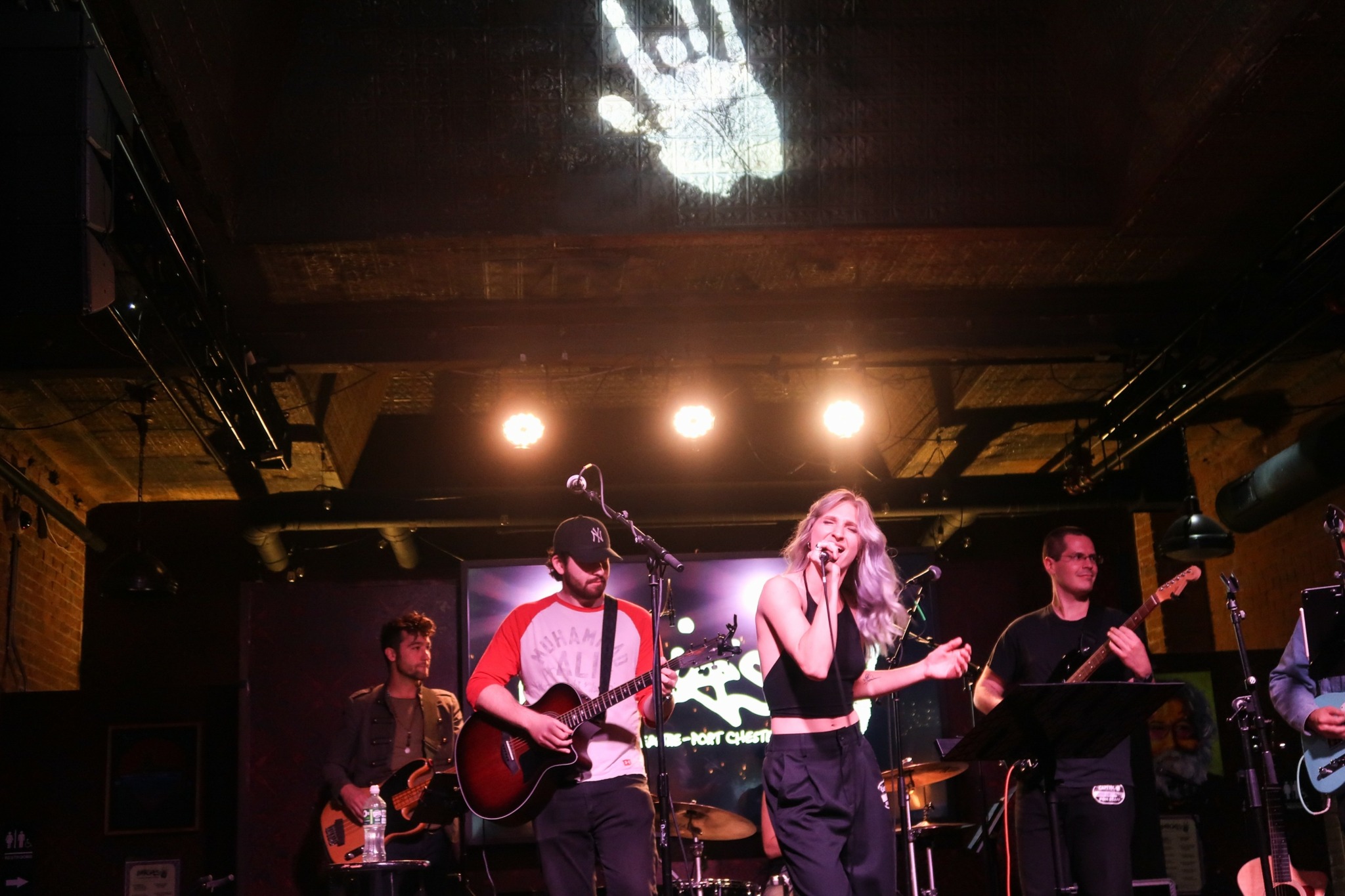
We often hear about learning lessons – but just as important is unlearning lessons. Have you ever had to unlearn a lesson?
If there was one thing I would say to up and coming artists auditioning, it would be: Do not walk into the room trying to get the job.
I know that sounds crazy, but it is kind of a given that if you are in that room, you are wanting to get the job…you don’t need to project that any further. Walk in there prepared and as if you are the solve to their problem. Have a point of view and enter with a collaborative and open heart and you simply can’t go wrong. Even if you don’t book that job, you will know that you did your most authentic work. Everything is practice.
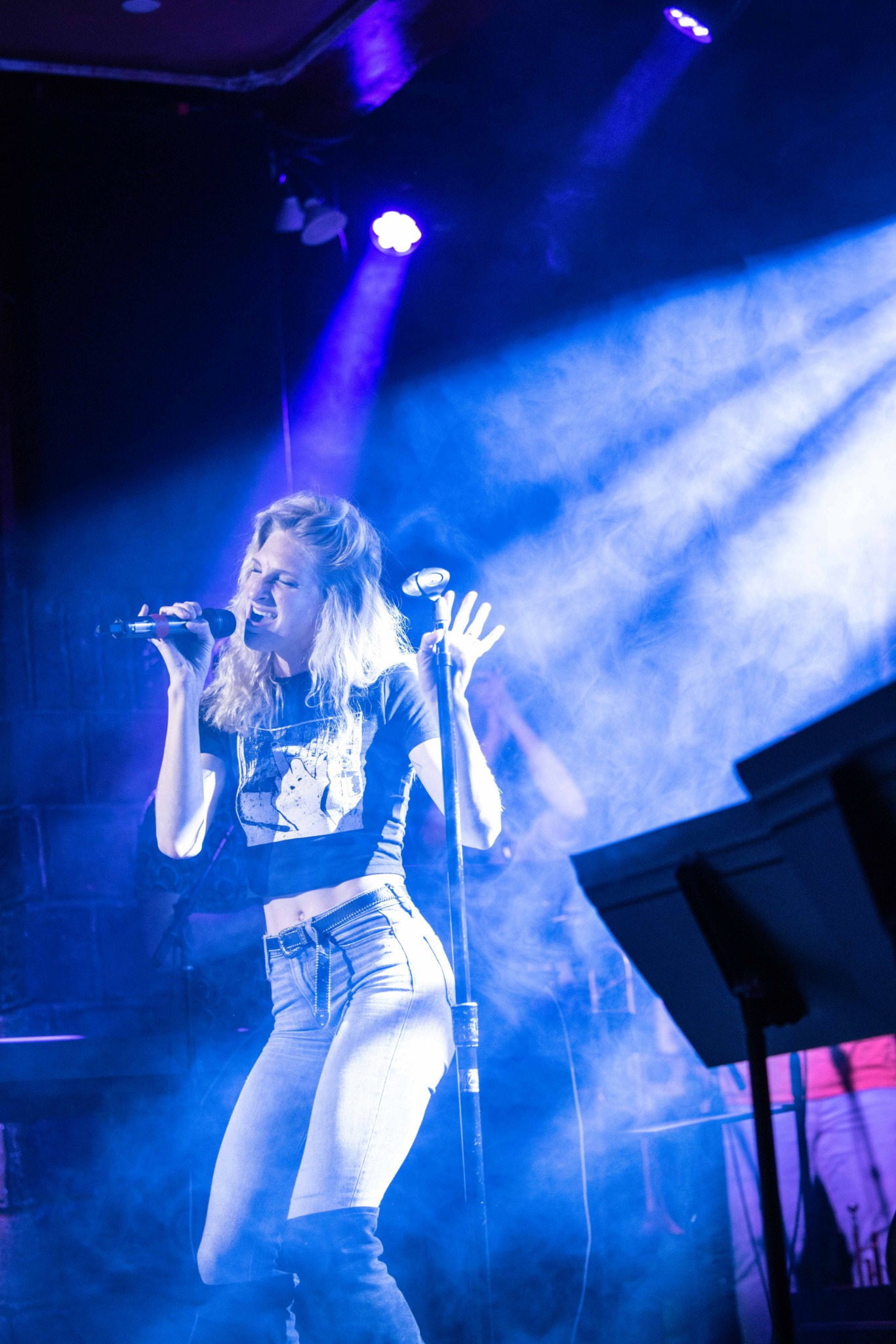
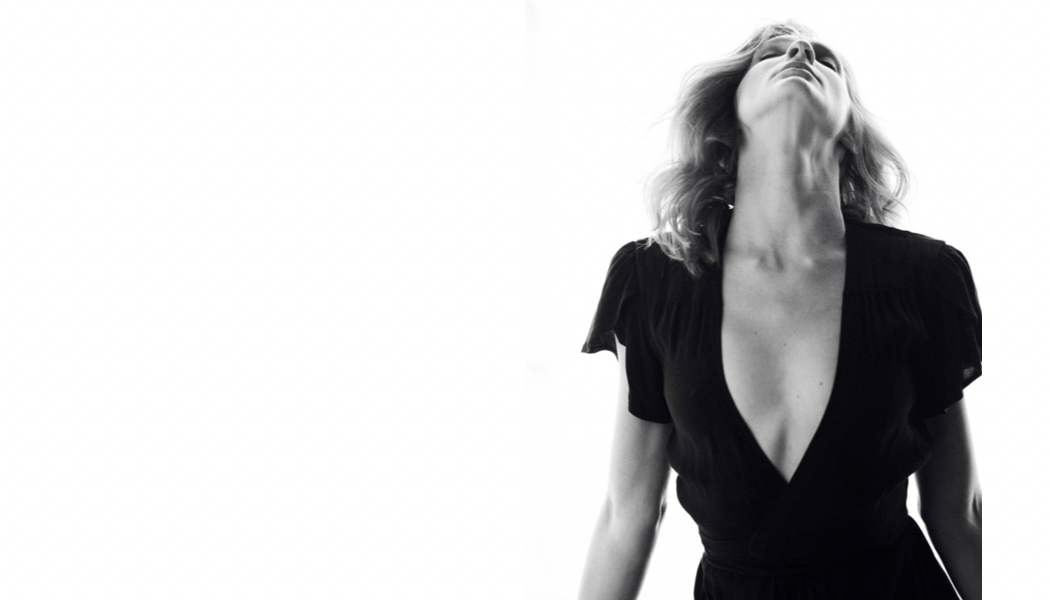
Any resources you can share with us that might be helpful to other creatives?
I am not sure that I would put representatives (agents and mangers) into the resource category, but I think this is very useful and I wish I had known it sooner.
We, as creatives, are always trying to sell ourselves, to be the most versatile “product” at any given moment. But it is also important to have a team that you are able to truthfully walk alongside on that journey. They should be able to have vision and belief in you, as well as not fearful of challenging you. I think I was always under the impression that I couldn’t say “no.” I thought the answer to a successful career was the “yes” of it all. And, of course there are many cases where that is true, but you need a team that knows when to say “no” in order to create space for the projects that you are most passionate about and that will service a career versus a job.
Contact Info:
- Instagram: krfuller13
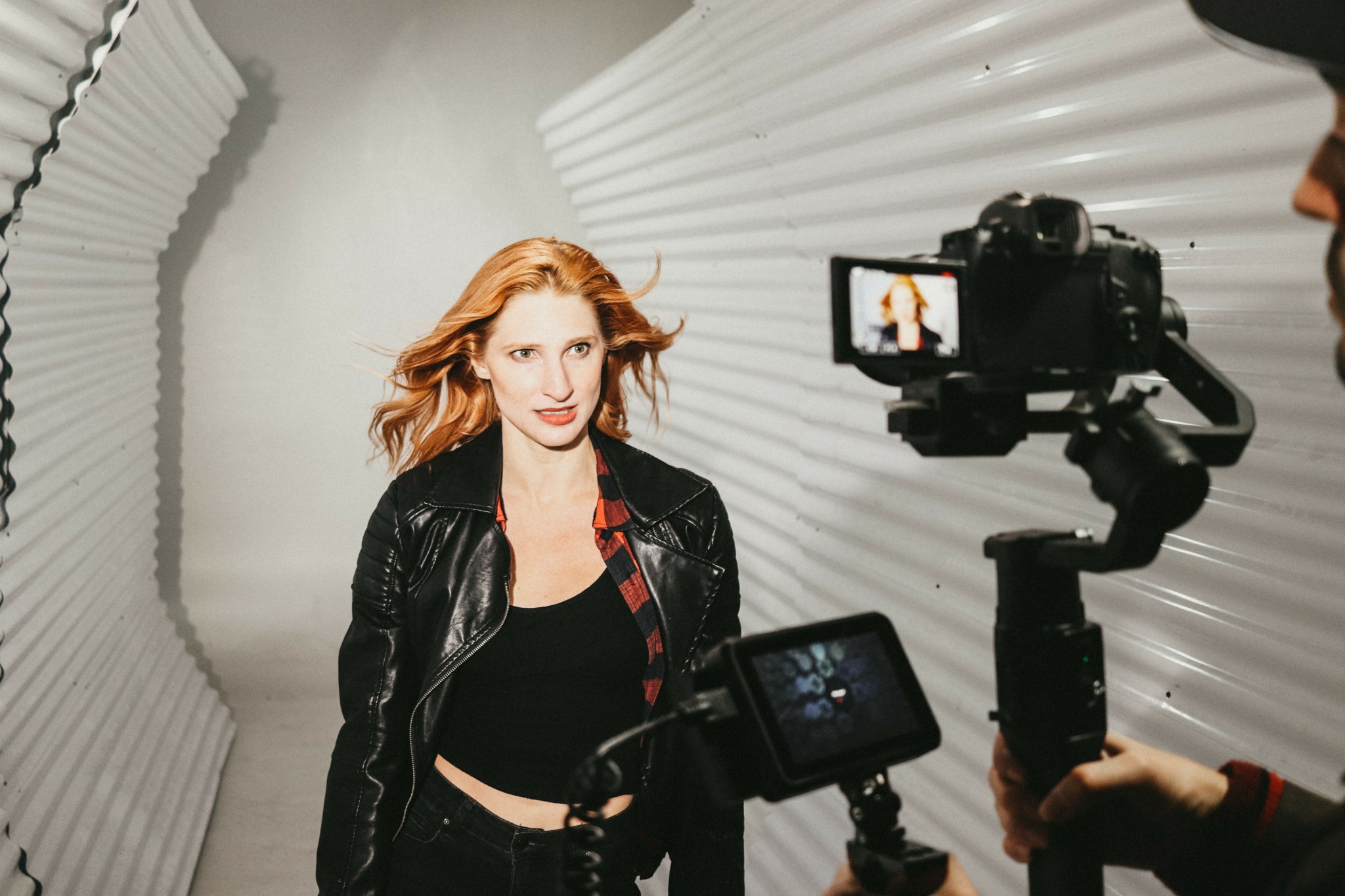
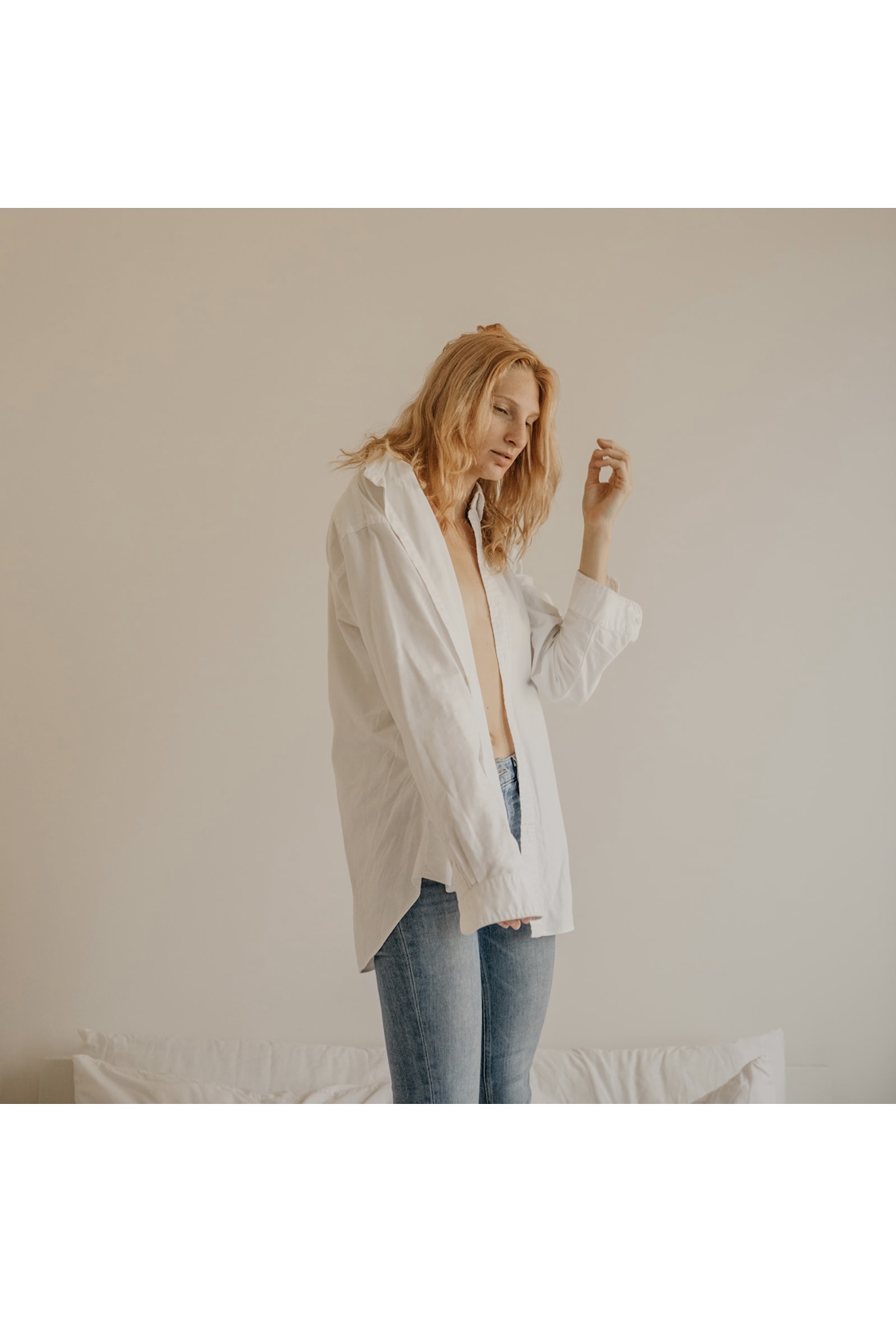
Image Credits
Arseniy Grobovnikov


